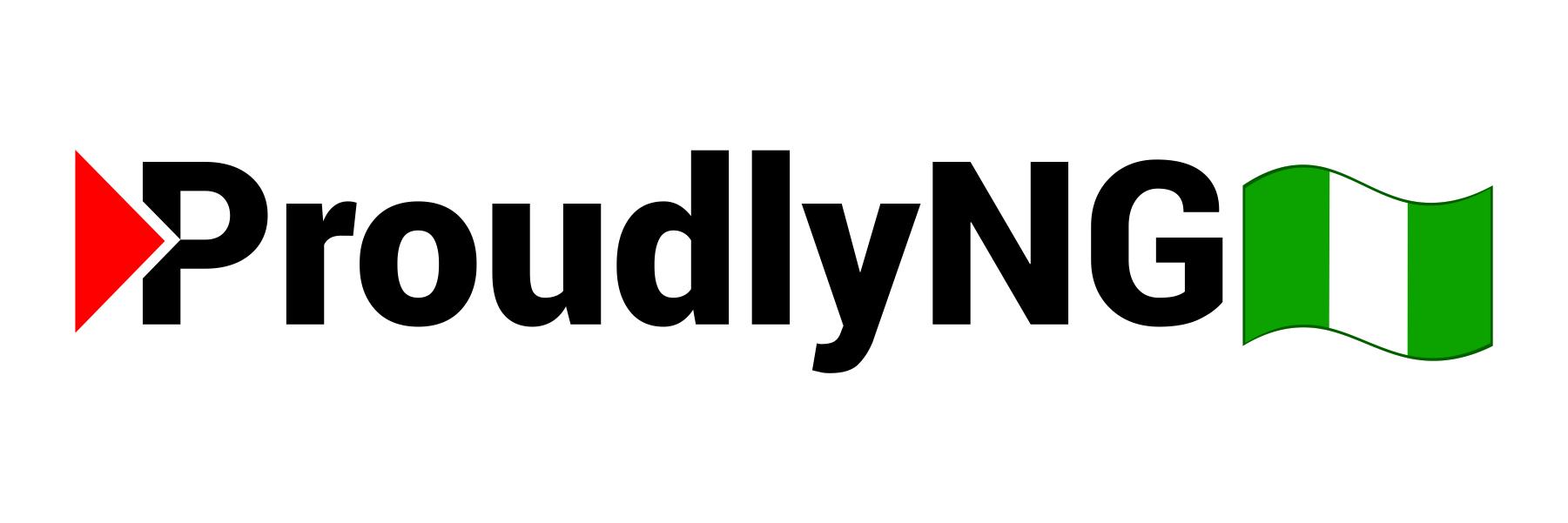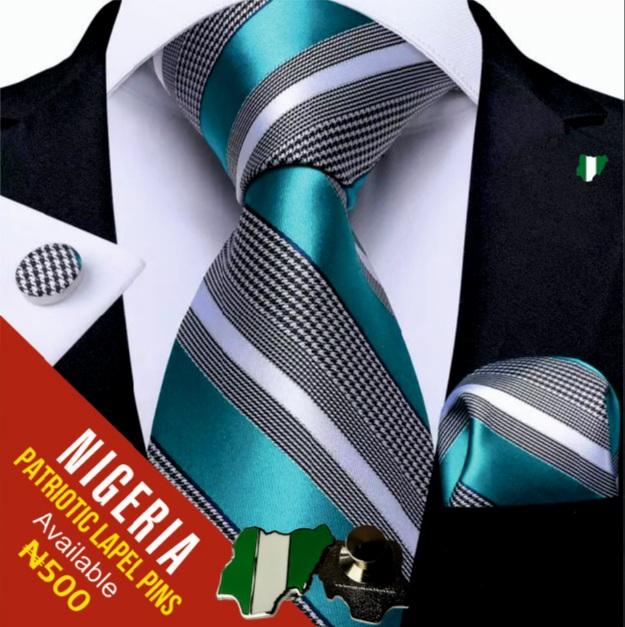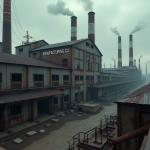The Nigerian economy is caught in a vice grip. On one side: punitive tariffs and multiple taxations weaponized by the state. On the other: global shocks like the U.S.’s recent 25% tariff on Nigerian aluminum and steel exports. Squeezed between them? A populace battling hyperinflation in essentials (food, energy) and suffocating costs for big-ticket items (vehicles, electronics). For the average Nigerian or SME owner, survival now feels like running a marathon with ankle weights.
The Brutal Arithmetic:
- Energy costs (fuel, electricity) have risen 200% since subsidy removal, yet global oil prices fell from $85 to $60—a paradox of policy failure.
- Food inflation hit 40.5% in May 2024, driven by logistics chaos and climate-driven farm losses.
- Big-ticket items face a double blow: The Naira depreciation + tariffs make imports ruinous, while local production remains shackled by erratic power.
The federal government’s current strategy—layering tariffs atop existing taxes—is economic self-sabotage. Tariffs on imports (e.g., vehicles, electronics) aim to “protect local industries” but ignore the stark reality: Nigeria lacks the infrastructure, credit access, or energy stability to replace imports at that scale. Worse, tariffs are inherently inflationary when applied to essentials Nigerians cannot avoid—fuel, food, transport.
Midday, Onitsha Market – Beneath corrugated roofs and the cacophony of haggling traders, Chinedu, a spare parts dealer, slams his ledger shut. Page after page of red ink stares back—no sales, no clients, just rage. “Last year, I imported 20 containers a month. Now? I can’t afford two” he snarls, gesturing at unsold shock absorbers gathering dust. “The taxes, the tariffs—it’s like the government’s trying to finish us.”
He’s not exaggerating.
Nigeria’s economy isn’t dying quietly—it’s being strangled in plain sight. Not by global shocks or shadowy foreign actors. By domestic policy. Brutal, tone-deaf, economically suicidal policies.
Tariffs as Torture, Taxes as a Trap
Lagos Port, 5:17 a.m. – Emeka Nwankwo, a factory owner, stares at his stranded shipping containers. Inside: six tonnes of machinery parts, rotting under a ₦2.4 million ($1,600) tariff notice. “They tax the air we breathe,” he mutters. “But what they’ are really doing is killing hope.”
Hope, indeed, is on life support. While the world fights inflation with stimulus, Nigeria accelerates it—with 53 taxes and tariffs, from vehicle parts to life-saving medicines. The result? A cost-of-living crisis so severe, it reeks of sabotage:
- Fuel prices doubled since subsidy removal—despite crude oil dropping to $60/barrel.
- Food inflation at 40.5%, powered by bandit-blocked highways and climate-ravaged farms.
- Big-ticket items (cars, phones) priced into fantasy by naira freefall + tariffs.
For Amina Bello, 34, a Kaduna textile trader, tariffs are a death sentence. Her crime? Importing Chinese lace to offset local cotton shortages. Customs slapped her with a 45% levy—after seven “processing fees.” Now, her shop gathers dust. “They call us smugglers for wanting to survive,” she scoffs.
Tinubu’s ‘Shock Doctrine’ – Reforms or Ruin?
President Tinubu promised an economic reboot. What Nigerians got was a policy blitzkrieg—bold on paper, blind in practice. Yes, subsidy removal was necessary. Yes, the naira needed to float. But executed without shock absorbers, these reforms have hurled Nigeria off a cliff.
The Myth of ‘Import Substitution’
The claim that these tariffs “protect local industries behoves one to ask.” Which industries? The ones crippled by epileptic power, gutted roads, and loan sharks? Nigeria’s manufacturing sector operates at 54% capacity. Tariffs don’t build factories—they inflate prices. And without domestic production, it’s economic friendly fire!
The 18-Month Lifeline – Four Blunt Instruments
Nigeria’s survival hinges on four non-negotiable reforms:
1. Tariff Triage – Operate, Don’t Amputate
- Slash and make blanket tariffs on critical inputs (e.g., machinery and parts, agricultural equipment, agro-inputs, and renewables) to reduce production costs for local manufacturers today.
- Target luxury imports (Luxury Cars (SUV's, Rolls Royce), Champagne and all imported luxury drinks, High-end electronics) with steep 100% tariffs while exempting essentials (medicines, solar panels). Let the elite fund the fight.
- Monitor in real-time: Deploy AI-driven customs systems and bots to replace corrupt officials, track tariff impacts on prices, adjusting quarterly to prevent inflationary spirals. Rwanda did it. Why can’t we?
Tax Overhaul – Simplify, Digitize, Humanize**
2. Tax Overhaul - Simplify, Digitize, Humanise – Burn the Racket
- Abolish arbitrary levies (80% of levies). Keep VAT, CIT, PIT. Jail officers demanding “miscellaneous fees.” Scrap redundant taxes (e.g., “environmental fees” on SMEs) choking small businesses.
- Digitize collection: Roll out a unified tax portal to eliminate multiple agencies harassing businesses for the same revenue.
- Launch a single tax app—mandatory for all agencies. No app? No payment.
- Shift the burden: Introduce progressive taxation—higher rates for luxury real estate, private jets—while easing pressure on low-income earners.
3. Energy & Food – Crisis-Level Intervention – Solar or Surrender
- Energy: Partner with private firms to deploy 10,000 solar mini-grids in 12 months, prioritizing markets and farms. Offer tax holidays for renewable energy investors.
- Food: Launch a “Strategic Food Logistics Corps” with military efficiency—repair rural roads, secure haulage routes from bandits, and create state-backed warehousing to stabilize prices.
- Subsidize smartly: Redirect fuel subsidy savings into targeted vouchers for public transport and cooking gas for low-income households.
- Command states to install 10,000 solar mini-grids in 12 months—seize land if needed.
- Draft the military to guard power lines. Yes, soldiers, you may wonder
4. Fight Washington – With Fists, Not Flowers
- Retaliate: Slap 30% tariffs on U.S. luxury goods. Hit their lobbyists where it hurts.
- Hijack AfCFTA: Forge a pan-African bloc to demand tariff exemptions. Unity or oblivion.
The Final Hour –
The stakes? 1.3 million SMEs—Nigeria’s backbone—are one tariff hike from extinction. The middle class? They are boarding planes to Canada.
But there’s a flicker of hope: Dangote’s refinery now produces 650,000 barrels/day. Kwara’s lithium could power 50 million EVs. Yet without power, without policy, these become monuments to waste.
Tinubu’s choice is stark: It's a national emergency.
Battle of Ideas:
- Are protectionist tariffs economic suicide or salvation?
- Is taxation now state-sponsored repression?
- Can soldiers fix Nigeria’s power crisis—or is that a coup on logic?
Sound Off Below – Is This Plan Genius or Insanity?
As Chinedu’s shop shuts, he texts his broker: “Find me a warehouse in Accra.” Abuja’s response? A new tariff on Ghanaian imports.
Your move, Mr. President. Tick-tock. 🔥










